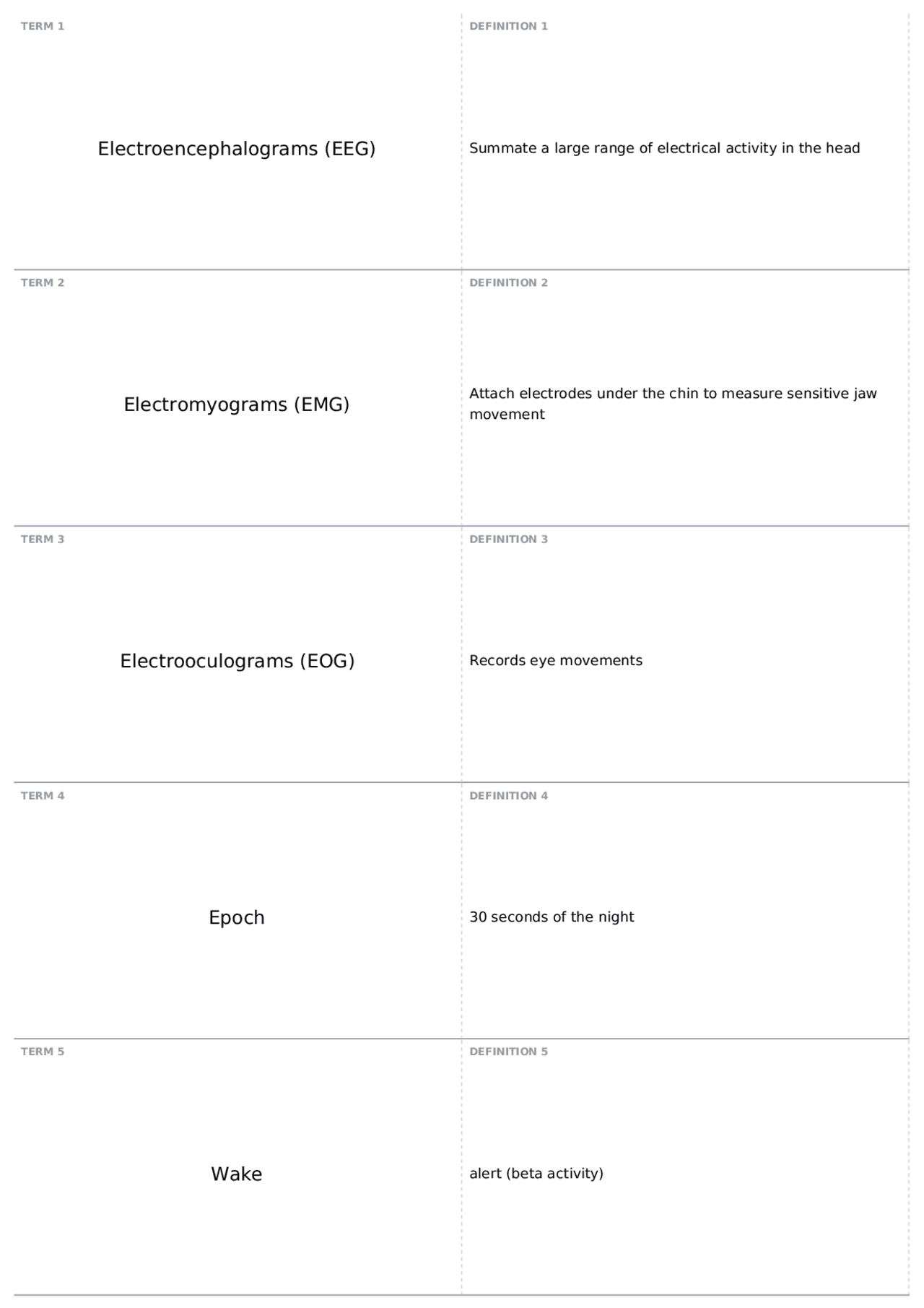
Practitioners often state that it is the total treatment situation that yields positive results, i.e., client–therapist rapport, ongoing adjustment of electrode placement, as well as the EEG feature being trained.

Related to this, there is considerable concern among NF practitioners that laboratory research on NF will be so controlled as to be “sterile” in nature and preclude the positive results commonly reported by clinicians. A “crest and crash” scenario is likely if controlled research findings unfavorable to NF are published in prestigious journals and publicized in popular media outlets. The scenario of steady growth and continuing popularity is likely if there are continuing reports of successful clinical use backed by credible research findings, favorable media coverage, and increasing acceptance by insurance carriers and managed care groups. This section includes speculation on whether NF's popularity will continue to rise until cresting and persisting at a level reflecting its true value or whether it will again crash (temporarily or permanently). Now its popularity is rapidly rising, with no sign of cresting. As noted earlier, the field rose rapidly in popularity and peaked in the early 1970s, followed by the trough of the late 1970s to mid-1980s. The history of self-regulation of brain waves (neurofeedback) has had some wavelike characteristics itself. Evans, in Encyclopedia of the Human Brain, 2002 VI. Although the data is very limited, similar EEG findings have been observed in patients with OSA. Increased frontal slow activity is a prominent feature seen on sleep-deprived EEG and it suggests that frontal regions are more susceptible to sleep deprivation effects than other regions in the brain. Furthermore, the changes noted correlated well with slowing of RT and increased errors on vigilance task. On quantitative EEG measures, during or after periods of sleep deprivation, studies have shown progressive increase in è and ä power in the EEG background, and it correlates with subjective sleepiness. Furthermore, there is a reduction in eye blinks followed by slow eye movements and attenuation of the posterior dominant á-rhythm. The transition from wake to sleep involves changes from faster activity (á/â-rhythm) to slower activity (è/ä-rhythm).

Yue, in Reference Module in Neuroscience and Biobehavioral Psychology, 2017 EEG EffectsĬhanges in brain wave activities, assessed with EEG, have been observed during the transition from wake to sleep state and vice versa.


 0 kommentar(er)
0 kommentar(er)
